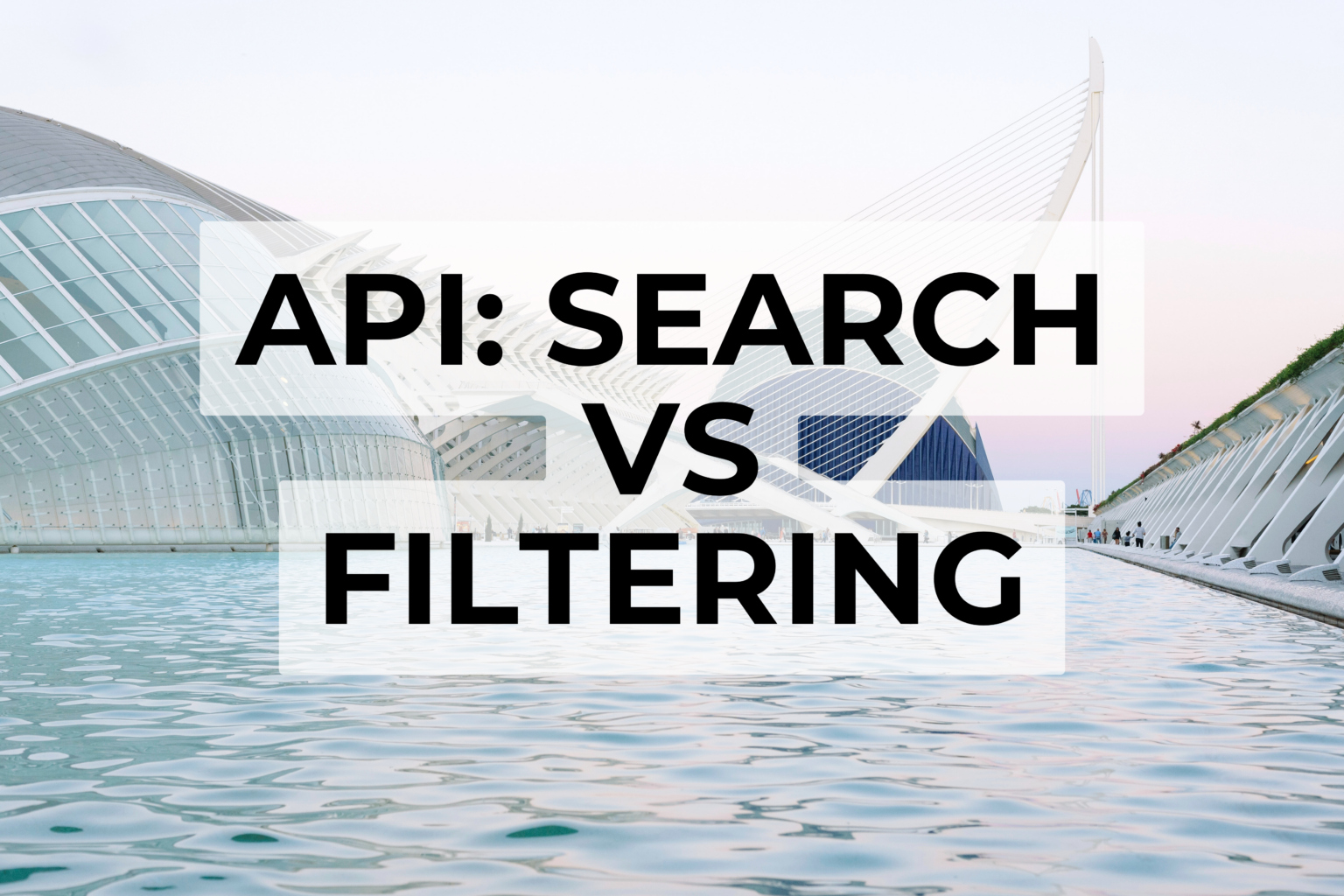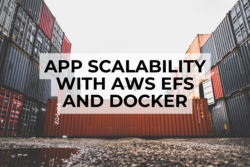Application Programming Interfaces, or APIs, are crucial components that enable seamless communication and data transfer between different software applications. Two crucial operations in data handling and navigation that APIs facilitate are searching and filtering. Although they may seem similar, they serve distinct functions, bear different operational logic and are suited better for different situations.
Let’s dig deeper and understand the principles of search and filtering, their differences, best use cases, and look at some examples in API specification for increased clarity.
The Basics of APIs
An API is a set of rules or protocols that dictate how different software applications should interact with each other. APIs enable the integration and smooth data flow between software applications, thereby enhancing functionality and user experience.
Distinction Between Search and Filter
Let’s clarify the basic implications of search and filter operations for data handling before we proceed.
Search
Search function works on a full-text search principle, retrieving data that matches the input keywords. It’s best for situations where users are aware of what information they require but need help locating it in the database.
Consider a scenario where users are searching for a blog post containing ‘AI Consulting’ in its content, the search operation would yield all posts containing this keyword.
Filter
Filtering typically involves narrowing down a visible data set based on specific conditions or criteria. It’s beneficial when users want to refine a vast data set to view a smaller, more manageable subset.
Looking at an e-commerce API, filtering could allow users to find all products in the ‘Electronics’ category that are under 100€.
Search vs Filter: Best Use Cases for APIs
While both search and filter operations are crucial when manipulating data, knowing which one to use can greatly enhance your API’s efficiency.
Search in APIs: Use Cases and API Specifications
API search operation is beneficial when dealing with large datasets where data isn’t categorized. Databases like AWS S3 or GCP’s Cloud Storage are prime examples where a search functionality can drastically improve user experience.
Consider a GET request to a RESTful API for searching posts:
GET /posts?search=AI%20Consulting
Filtering in APIs: Use Cases and API Specifications
On the other hand, filtering shines in situations where data is organized into multiple categories. Look at any e-commerce API, and you’ll see users filtering products based on price, category, ratings, etc. Here’s how a filtering query would look when applied to a RESTful API:
GET /product?category=electronics&price_lte=100






